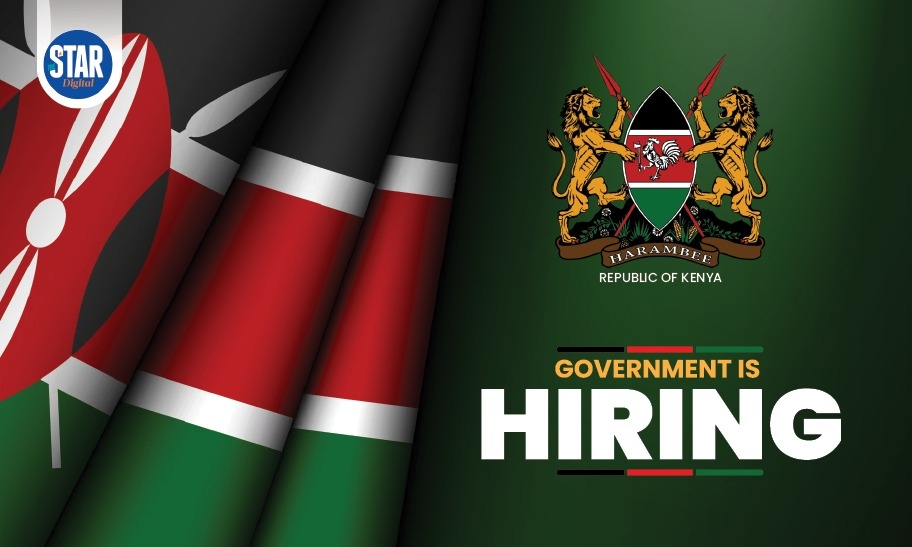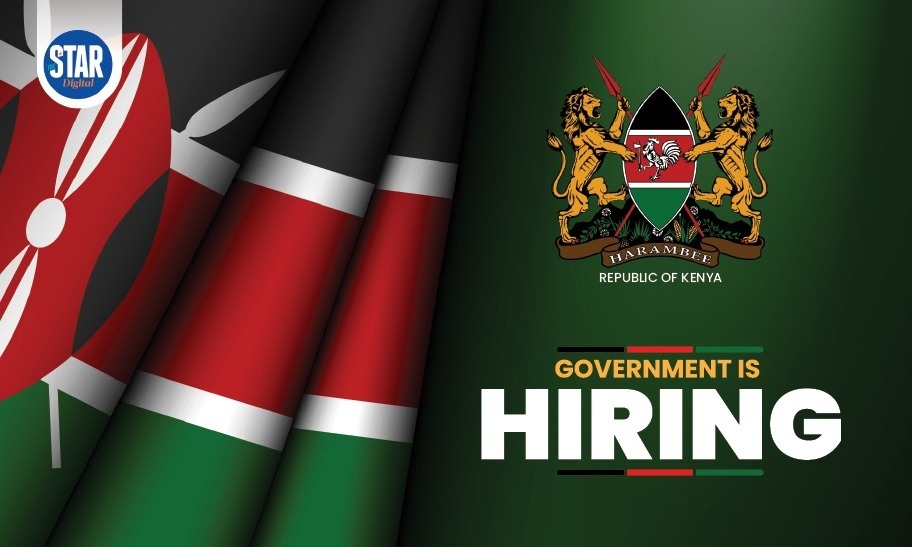The rational side of the world is running out of time to balance Israel’s right to self-defence and Palestine’s right to self-determination. None of these rights is superior to the other.
The competing rights provide the context of the war between Israel and Hamas, or broadly between the Jewish state and Palestinians. It is a troubled contest with historical signposts, killings, demolitions, failed negotiations, uneasy ceasefires and forced peace.
The year 1995 was momentous in the turbulent Israel-Palestine relations. Yet it was also the year the dream of two states living side-by-side – in peace – was nearly realised.
Palestinian Liberation Organization leader Yasser Arafat and Israeli Prime Minister Yitzhak Rabin were awarded the Nobel Peace Prize. They signed a peace agreement, following what history records as the Oslo Accords of 1993.
On November 4, 1995, PM Rabin was assassinated during a peace rally in Tel Aviv. The nationality of the assassin sent a strong message on the thinking of Israeli extremists and Palestinian moderates.
Rabin’s assassin was a Jewish extremist. He was part of a group in the Jewish state that did not recognise Palestinians’ right to self-determination.
It was obvious then, as it is now, that most Israeli people need peace. It was also clear then, and now, that moderate Palestinians crave peace. It was also obvious then, and now, that on either side there are extremists.
Rabin is remembered as a martyr for peace in Palestine and a victim of hate in radical Israel. His co-peacemaker Arafat, the most visible Arab leader at the time, was ready to make peace with Israel. Rabin was ready to live and let live.
Palestinian radicals, whose agents are terrorist organisations like Hamas in Gaza and Hezbollah, operating from Lebanon, don’t recognise Israeli ‘infidels’ occupation of their holy lands.
The radicals on both sides have been the greatest hurdle on the road to achieving the threshold for peace—a two-state negotiated peace accord that recognises the rights of each other.
Yet it’s because of trying to find the balance of these rights that Israel is accusing United Nations secretary general Antonio Guterres of supporting terrorism. The world’s top diplomat sought to provide a context for the conflict.
He stated, as a matter of fact, last week during a debate at the United Nations Security Council on the situation in the Middle East, that the Hamas attack did not occur in a vacuum.
“The Palestinians have been subjected to 56 years of suffocating occupation. They have seen their land devoured by settlements and plagued by violence. Their economy stifled, their people displaced, and their homes demolished.”
Israel has engaged in five wars with Palestinians since 2008, including two ground invasions. None of the wars achieved the Israeli goal of decimating Palestine. During the current war, 7,703 Palestinians had been killed by Monday, 3,195 injured and about one million displaced. Most of the victims are children and civilians.
For his appeal to reason, Israel is calling for Guterres's resignation for supporting Hamas. It also threatened to deny visas to United Nations officials visiting Israel.
Even in the face of historical facts, Israel sees itself as a country and a people more sinned against than sinning. The victim card is misleading. The Israeli snobbery is getting out of control thanks to the support of its powerful international patrons.
Israel, a US client-state, sees the ‘vacuum’ from its own lenses. They want the world to see Iran, Russia, China and Qatar as some of the sponsors of Hamas extremism. That is their understanding of the context of the war.
Israel’s self-righteousness needs moderation, but who to do it remains the challenge to world peace. After decades of violence, deaths, destruction and perpetual hate, and especially after the Hamas October 7 mayhem in the ‘Holy Land’, rational observers should understand negotiating frustrations is cheaper than trading bombs and bullets.
Shimon Peres, a former Israeli prime minister, said after Rabin’s assassination: “Negotiating frustrations for five years is cheaper than exchanging bombs for five minutes.”
Rabin, and Peres as his deputy, were the key architects of the 1993 Oslo Accords with Arafat for Palestine.
There is, however, good news amidst the bad news of bombs and bullets: Qatar is co-ordinating ceasefire negotiations between Israel and Hamas/Palestine.

















